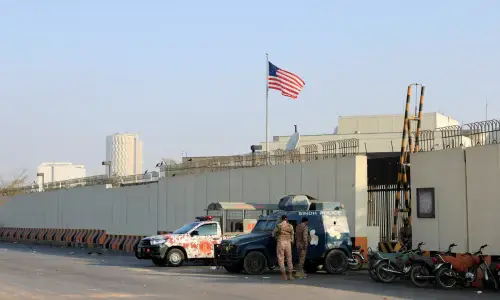OVER the past year, inefficiencies and unfair practices in our domestic automobile market, import restrictions, stratospheric increases in car prices due to exchange rate fluctuations, and prohibitively high automobile financing rates due to the State Bank’s restrictive monetary policy have all but made it impossible for the middle class to purchase a new vehicle. Sales of passenger cars — which drive the majority of the industry’s sales — have resultantly taken a steep hit. The decline has been so sharp that several major automobile companies have recently announced plant closures to cope with the slump. While it may not seem to be the country’s most pressing concern at the moment, the automobile industry and its fortunes are as closely followed by the citizenry as perhaps the dollar exchange rate or gold prices. The affordability of new cars is an indicator of the overall economic health of the country as well as how evenly wealth is being distributed. This is why it comes as little surprise that rising automobile prices have once again become a topic of concern in broader conversations around the economy.
Due to the reasons mentioned earlier, there has been a sharp drop in passenger car sales in the six months from July-December 2022 compared to the same period of the previous year. The sudden unaffordability of most vehicles, to the layperson, tells them how rapidly their wealth has lost its value. Nothing makes people realise how much worse they’re doing today than knowing that what they could have bought a year ago is now out of reach for them. The resultant anger being directed at both the government and automakers is justifiable. Due to bad policies and misplaced priorities, the established assemblers have still not localised production to a level that they would not need to gouge customers to offset frequent fluctuations in the dollar-rupee exchange rate. The policy to diversify the industry by inviting new players, including from Malaysia, South Korea and China, provided a glimmer of hope, but the fact remains that newer, better automobiles still remain unaffordable for most households. It should be asked how long auto manufacturers can be allowed to burden the exchequer with their demands for concessions and subsidies, especially when they are doing very little to benefit the majority in terms of providing affordable products that can improve general standards of living.
Published in Dawn, January 17th, 2023




























